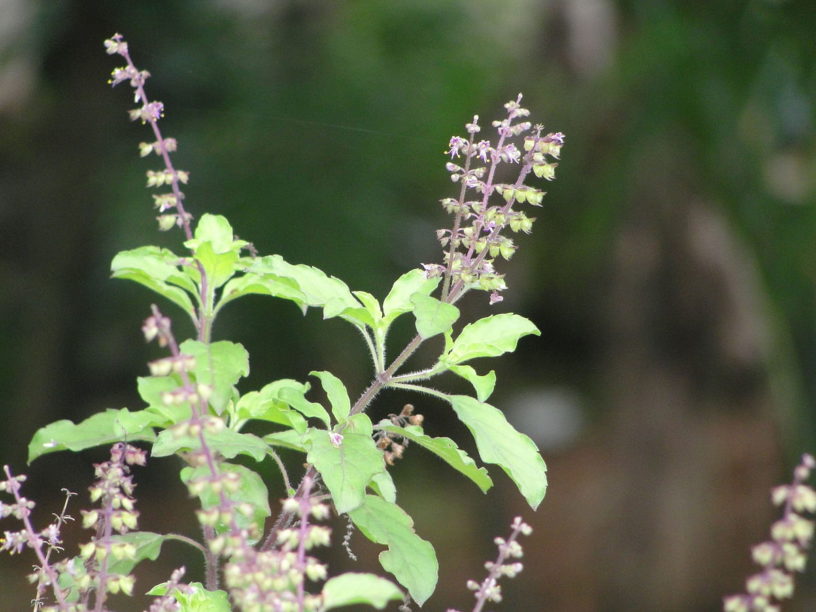Among the twelve months of the year, the sacred month of Kaartik (October-November) is most auspicious for various acts of spiritual sacrifice. This year it will be observed from October 06th to November 03rd. 2017. This auspicious month is held in great reverence by Hindus as it is the month when many religious occasions are celebrated. Quite popular among them are Hanuman Jayanti, Divali, Govardhan Poojaa, Tulsi Puja and Kartik Snaan, the latter of which climaxes the month.
During this month Hindus are engaged in much ‘saadhan’(spiritual discipline),which includes ‘vrat (fasting), ‘praarthnaa’ (praying) and performing other forms of ‘tapas’(austerities), all of which yield self-improvement.
The Significance of Tulsi Worship
Tulsi Puja is one of the practices of the month of Kartik that is highly recommended by Devi Bhagavat. This practice is carried out in the month of Kartik, though it can be done every day of the year. Tulsi Maataa is representative of ‘sattvic prakriti’ or piety, truth, purity and righteousness and one who worships this form of Divinity becomes infused with these qualities.
The following mantra shows the efficacy attached to Tulsi worship which can be done daily during this auspicious period:
Moolay Tu Sarva Teerthaani
SaakhaaTu Sarva Devataa
Pattay Tu Sarva Yagyaani
Tulsi Tu Namaami-aham.
At the root of the Tulsi resides all places of pilgrimage; on the branches of the Tulsi reside all the forms of Divinity; the leaves represent the various yagyas(sacrifices). Oh Tulsi Maa! I offer prostration to You.
Steps in Tulsi worship
Daily worship of the Tulsi can be performed with the following offerings:
- Water
- Chandan
- Flowers
- Essence
- Incense
- Aarti (waving of the lamp)
- A ghee-deya could be kept alight near the plant as long as possible.
- The following mantra can be used while performing worship:
‘Om Sreem Hreem Kleem Aym Vrindaavanyai Swaaha’.
- Japa or repetition of the mantra can be done.
The many benefits of Tulsi worship include the alleviation all problems and obstacles, fulfilment of needs, seeking virtuous spouses and for long and happy marriages. Apart from these results of Tulsi worship, the Tulsi plant itself is also known for many health benefits, such as a stress reducer, blood sugar level reducer, provider of strength immunity, its antibiotic properties and as a detoxifying agent. The many medicinal properties that Tulsi possesses has also given it a revered, pedestal position in Hinduism.
The Presence of Tulsi
The common belief is that where Tulsi always resides, auspicious vibrations, peace and prosperity always dwell. Tulsi plants are not only a part of the Hindu temples but these are grown and found almost in every household of the Hindu family.



